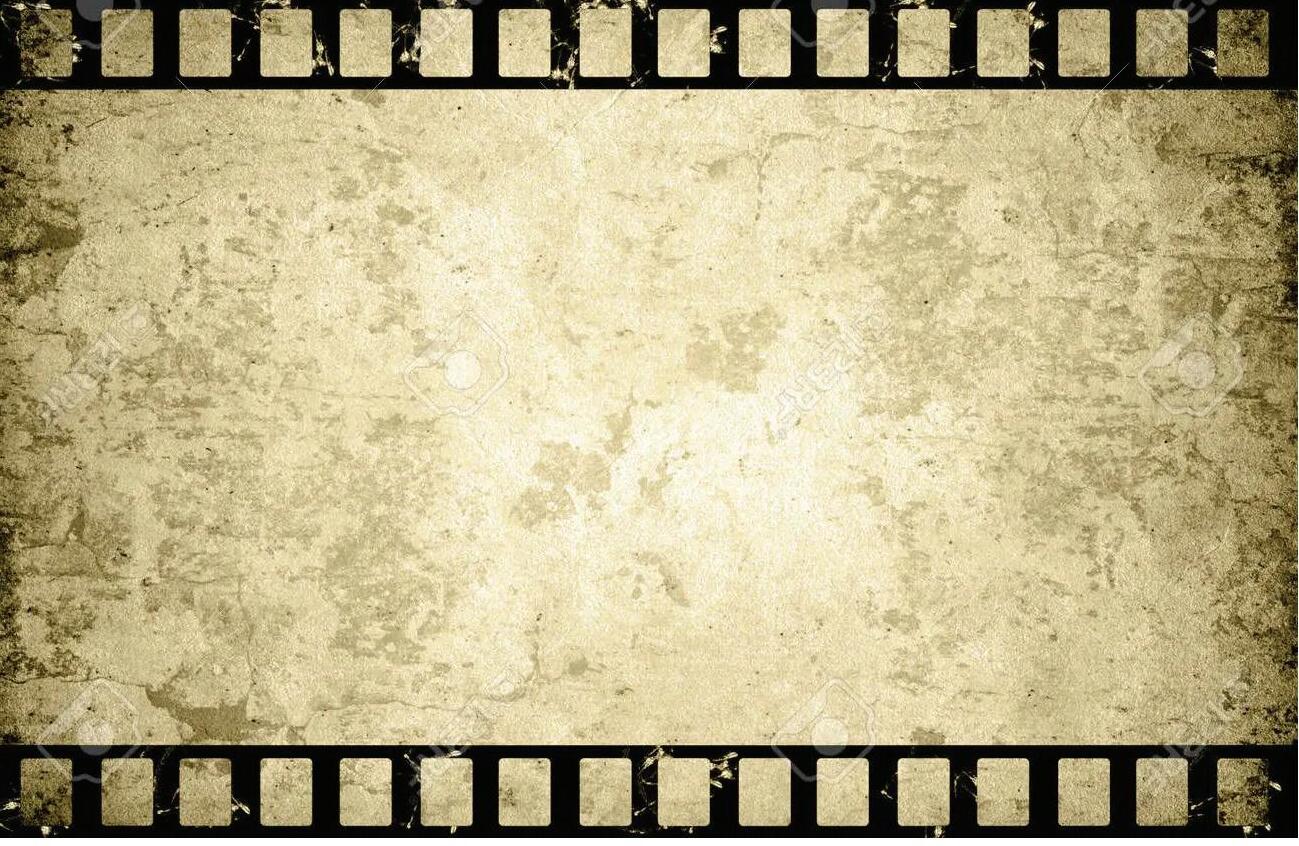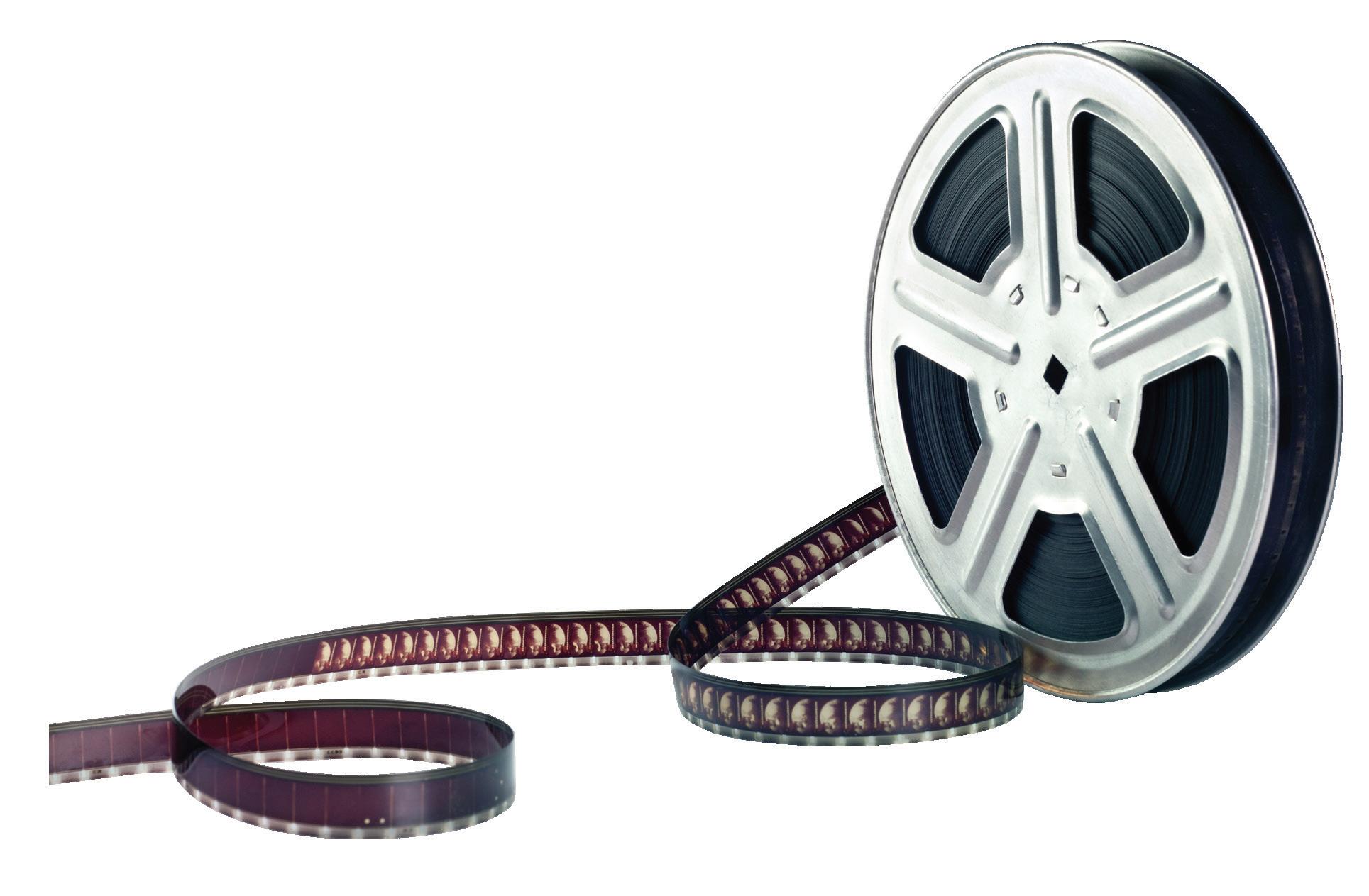
7 minute read
What is Doping?
from ISSACHARIAN
The world of sports is upheld by the foundational pillars of equitable competition and fairness in participation. These pillars are supported by rules and regulations that create uncertainty of outcome for an event. However, cheating is a major problem for sports. Cheating is viewed as a quest for an unfair advantage over an opponent 1. It may occur through commissions, where to achieve the highest rewards, some athletes partake in deliberate actions, such as using steroids to boost speed in a race and pre-empt outcome. It may also occur through omissions where athletes deliberately fail to do something they should have done, for example, not returning punches in a boxing match, to intentionally influence the result.
This article focuses on doping which may be defined as ‘the use of certain prohibited substances and methods that have the effect or potential effect of enhancing sporting performance 2.’ Doping falls primarily in the realm of commission, although an athlete may be deemed a drug cheat for an omission such as failing to report for a mandatory drug test.
Advertisement
Types of Doping
Contrary to a strict definition, the World Anti-Doping Agency established a prohibited list of the nuanced concept of doping. Articles 2.1 to 2.10 of the World Anti-Doping code include methods such as doping by mechanical means, blood transfusion, use of steroids, gene doping and various substances to enhance performance.
Doping a Major Problem for Sports
Generally, this pervasive problem is found at the individual level but may also exist at the state level as in the case of the Russian state-sponsored doping allegations 3. Furthermore, doping cuts across several sporting disciplines as evidenced by Rio Ferdinand in football (omission); Sha’Carri Richardson, in athletics (commission); and Njisane Phillip, cycling (commission) 4
Regardless of the level or form, doping presents a major problem for sports for multiple reasons. Firstly, doping provides an unfair advantage by dramatically increasing the likelihood of average competitors winning an event through the use of performanceenhancing drugs or mechanical tampering. One may argue that sports are built on unfair natural advantages. For example, Michael Phelps, who dominated swimming for more than a decade, is double-jointed, has an extra-long torso, and produces less lactic acid than average athletes. This begs the question of why average athletes cannot secure similar advantages by artificial means?
Secondly, doping has detrimental effects on athletes’ health, with many athletes suffering severe injuries due to consistent doping. This too, is debatable, particularly since the International Association of Athletics Federation (IAAF) and other institutions mandated to protect the health of athletes require female athletes with high testosterone levels to use suppression drugs in order to participate in certain sporting events. These drugs are believed to have severe side effects, such as depression, hepatitis, liver injury, and birth defects.
Thirdly, doping undermines interest in sports and damages its reputation. Many spectators felt betrayed by Lance Armstrong’s guilt 5. Another notable example is, after being found guilty of doping, Justin Gatlin defeated sprint legend Usain Bolt at the 2017 world championship; spectators booed his victory and gold medal ceremony 6 .
Solutions for Doping
The complex legal issues surrounding doping and sports negates straightforward solutions. How can cheating be prevented, and how should the law deal with cheats? Often defaulting athletes are banned and face sanctions from relevant governing sporting organisations. However, in addressing the issue and making appropriate judgements, sporting bodies must also be cognisant of the legitimate rights of individuals. This is demonstrated in the

(5) https://www.bbc.com/news/magazine-21077727

(6) https://www.bbc.com/sport/athletics/40842008
(7) Pechstein / Mutu v. Switzerland, October 2, 2018 case of Pechstein/Mutu v. Switzerland 7, where an athlete failed a drug test but challenged the court process.
Furthermore, there are difficulties in regulating doping because punishments are not severe enough, resulting in some athletes such as Gatlin being found guilty of cheating twice. There are also ongoing discussions surrounding the applicability of international versus local laws in addressing specific doping incidents and cheaters who commit criminal activities.
Whether doping will ever be completely prevented remains a burning question. Indeed, it is a polarising issue with some asking whether it is inherently bad or how it is viewed. One position advanced regarding the prevalence of doping, especially in the Tour de France, is the solution of permitting athletes to dope to solve the issue altogether. There are no straightforward answers to the many questions that surround doping in sports, but one thing for sure is that it is a problem. We are reminded, “…whoever knows the right thing to do and fails to do it, for him it is sin.” (James 4:17. ESV)
Ifeel better now that I’ve been able to get that off my chest. Over the years, the mispronunciation of this word became a pet peeve of mine, and this column has now given me the opportunity to address it head-on in the most “me way” possible.
‘Wha Yuh Watchin’ is an opinion column with an aim to enable its readers to become active viewers of movies & cinema, with an understanding of the industry’s process, philosophy and best practices. Think of this column as my journal to you on the collective experiences of the movie industry, informed by my upbringing in Guyana and my career in the USA.

Great! Now that you know my pet peeve and what this column intends to do, if you’re still reading, WELCOME to my first installation of ‘Wha Yuh Watchin’
I’ve asked myself several times, ‘why would a Guyanese deliberately butcher a word in jest?’ Remember, it’s FILM eh! The only answer that I’ve come up with is, apart from our love to be funny about all things, most simply don’t understand the distinction, much more the differences, between the following: Movies vs Film vs Cinema.
Do you know the difference between the 3 words? For the sake of this column, let me operationally define them so we can eliminate any confusion.
What is a Movie? According to the Webster’s Dictionary, a movie is a recording of moving images that tells a story and that people watch on a screen or television: MOTION PICTURE.

Ok - Simple enough!
What is Film? Film or Far-Infrared Line Mapper is a thin, flexible strip of plastic or other material coated with light-sensitive emulsion for exposure in a camera, used to produce photographs or motion pictures.
What is Cinema? I really wanted to consult Webster again, but their definition of cinema was very cut and dry. So, according to the Collins Dictionary, cinema is the business and art of making movies.
These words have held different meanings for audiences around the world. All are used interchangeably according to your taste in content consumption. I’m sure you want to say, “Well, I knew that already! I’ve learned nothing here.” If that’s the case, let me offer this. Although the Collins dictionary defines cinema as the business and art of making movies, cinema is much more about the art than the business! Movies, on the other hand, are all about the business, and film is just a dated word because it’s the format that birthed this whole discussion in the first place.
by Yaphet Jackman, MFA - Film
Movies come at a dime a dozen. Today’s technology has made the process of making and watching movies so accessible that the market is flooded with all levels of storytelling and production. Some great stories exist out there, but some of their production is not so great. We see examples of this every day on the streets of Georgetown, Guyana. You’ve seen it. Stands upon stands of DVDs for sale with all types of movie genres — Action, Comedy, Drama, Horror and everything in between in the name of storytelling. All with one aim — to tell a story for entertainment value, to make back the money that was spent to make it — or not.
Now, cinema! We know cinema when we see it. I dare say we can feel cinema as well. In his opinion piece, Bruce Bisbey defines it beautifully: “Cinema attempts to convey or explore something larger than itself. It all comes down to the intention, the philosophy, and the belief systems of the people making them.” Examples of cinema would include titles like Daughters of the Dust, In the Mood for Love, and Mudbound — all titles I recommend you watch if you haven’t already. Unfortunately, the only examples of cinema in Guyana are what we see through our streaming apps or VPNs from across the world. Examples of Guyanese Cinema are very rare. There are very few auteurs and native cinephiles, but that’s a conversation for later on.
Watching movies — apart from eating — is a major Guyanese pastime. Most times, as passive viewers, we watch movies for sheer entertainment and information. Understanding the distinction between movies and cinema will help to inform your choices when thinking about what to watch next. Of course, we can’t leave out documentaries, which is a class unto itself that continues to be the most visually reliable way to explore and investigate anything under the sun.
The hope behind all of this is that we’ll become more progressive audiences that want to see more local content at the levels we consume. The old adage, you are what you eat, comes to mind when I think about the content we consume as Guyanese. We love to watch Netflix, Prime and HBO shows and series, but what if those were all replaced by stories that spoke to us directly as a people or as a region, created and produced by our natives? What a wonderful day that would be in our filmography and history as Guyanese.
Don’t get me wrong! There are hundreds of Guyanese that are doing amazing things at the highest levels of the movie industry. They’re all embedded in a system that supports their intellectual property, copyrights and incentivises their work to sustain their career & livelihood easily. These systems are not as proficient in our dear Guyana, but day by day, as we take the time to learn about the industry, not just as practitioners like myself, but as viewers like you, we can help build a local industry and economy that would celebrate our own, more consistently!

Thanks for starting this journey with me, and I look forward to sharing and building with you to make ‘Wha Yuh Watchin’ more enjoyable and meaningful.










